| What foreign ambassadors and diplomats been telling us over the years Maxmilian Wechsler looks back on the 90 interviews he’s conducted for The BigChilli. Foreign diplomats accredited to Thailand provide great benefits to the country by promoting cooperation in the spheres of diplomacy, trade, culture, law enforcement, sports, entertainment and other areas of bilateral interest. |
The BigChilli, recognizing that many expats as well as Thais are interested in the perspective of foreign diplomats in Thailand, began publishing my interviews with mainly ambassadors in June 2011 and from May 2012 there has been one almost every month.
As the interviews consistently received a good response from readers, the number of pages allotted to them increased from three or four to six from October 2013, to give the diplomats a broader platform, allowing them to give free rein to their countries’ aspirations and even their occasionally controversial views on the world.
It’s said that imitation is the sincerest form of flattery, so perhaps we should bepleased to note that other media outlets now run their own interviews with Bangkok diplomats, making them the centerpiece of their publications.
In the 90 interviews I have conducted with diplomats assigned to Thailand, there have been some truly memorable quotes, fascinating recollections and endless interesting observations. The following are some of the best.
As the interviews consistently received a good response from readers, the number of pages allotted to them increased from three or four to six from October 2013, to give the diplomats a broader platform, allowing them to give free rein to their countries’ aspirations and even their occasionally controversial views on the world.
It’s said that imitation is the sincerest form of flattery, so perhaps we should bepleased to note that other media outlets now run their own interviews with Bangkok diplomats, making them the centerpiece of their publications.
In the 90 interviews I have conducted with diplomats assigned to Thailand, there have been some truly memorable quotes, fascinating recollections and endless interesting observations. The following are some of the best.
| Mr Nabil Hussein Ashri, former Chargé d’Affaires for the Kingdom of Saudi Arabia, June 2011: “Sadly, for more than 20 years now, relations suffered from major incidents that occurred between 1989 and early1990, after the infamous jewelry theft case and the murder of a Saudi diplomat in Bangkok in 1989. In 1990 three other Saudi diplomats were also murdered in Bangkok, along with the abduction and murder of a Saudi businessman, also in Bangkok. “Riyadh then decided to degrade relations due to lack of progress in these cases and failure of Thai authorities at that time to take appropriate measures to solve these crimes. “The contracts of all highly insignificant skilled Thai labor in Saudi Arabia were terminated, and Saudi citizen were barred from travelling to Thailand, in light of the risk posed to their lives after the crimes and the fact that no suspects have been named or apprehended. Relations between the two countries became inactive, affecting cooperation, trade, investment and business greatly. Even today there is very limited trading between Saudi Arabia and Thailand. Tourism from Saudi Arabia to Thailand, which was once a major destination for us, is much decreased. |
“Despite these tremendous losses, damages and missed opportunities, the Kingdom of Saudi Arabia’s stable and clear foreign policy has allowed for some activities to continue. For example, because Saudi Arabia is the guardian of the Holy sites, regardless of the state of its relations with any country in the world, Thai Muslims are able to perform their Holy rituals in Saudi Arabia every year, and are given all needed support and assistance by the Saudi authorities.”
| Former Ambassador of the Russian Federation, His Excellency, Alexander Mariyasov, December 2011: “Traditionally, we consider the most important (high-level visit) to be the visit of King Chulalongkorn to Russia and his meeting with Emperor Nikolas II in 1897, which resulted in the establishment of diplomatic ties between our two countries. “However, many meaningful contacts took place even earlier. In 1863, the first Russian navy ship anchored at Siam. Tsesarevich (Crown Prince) Nikolas visited Siam and met King Chulalongkorn for the first time in 1891. More evidence of a close historical bond between our countries is, for example, the fact that King Chulalongkorn’s son Prince Chakrapong graduated from the General Staff’s Military Academy of the Russian Army. The prince was also married to a Russian lady, Ekaterina Desnitskaya. Many people may not know that the music for the Thai Royal Anthem was written by Russian composer Peter Shchurovsky.” |
| H.E. Mr Lazaro Herrera, former Ambassador of Cuba, June 2012: “We are not trying to follow any other model of socialism – not the one in China, North Korea or Vietnam, but our own, according to our own characteristics. We can take into account the experiences of all of these countries, but in the end we have to look at our own experiences and conditions, because if not, it will end in failure. “We are now in the process of updating our system and taking into account past mistakes. Communism is in another stage of development. What we must do is to put human beings in the centre. This is the most important element. “Cuba is the only country in the world which has suffered for more than 50 years under what people call embargo but which is, in fact, a blockade. Let me tell you, first of all, if you read a dictionary then you can see the difference between an embargo and a blockade.” |
| H.E. Mr João Freitas de Câmara, former Ambassador of Timor-Leste, September 2012: Picture a freedom fighter living in harsh conditions in the mountainous jungles of Southeast Asia. He was arrested three times by the Indonesian military and on one occasion imprisoned at Jakarta’s Cipinang top security prison, serving a term of more than seven years after being charged with subversion. Later, this same man is appointed Secretary General of the Ministry of Foreign Affairs of the Democratic Republic of Timor-Leste in its capital city of Dili. From there, he takes up the position of Ambassador of his new country to the Kingdom of Thailand. “Timor-Leste and Thailand established diplomatic relations on May 20, 2002 and ever since these have been excellent. Thailand has provided support to Timor-Leste in many different areas, such as agriculture, health, security, defense and education. Thailand has been supportive of our citizens who come for training in many areas. Also, the Thai government sent military and police officers to the UN mission in our country.” |
| H.E. Mr Mikael Hemniti Winther, former Ambassador of Denmark, February 2013: A tour of the embassy compound yields a surprise. Parked in a garage is a Honda Transalp 700cc motorcycle belonging to Mr Winther – probably the only motorcycle in Thailand with diplomatic plates. “I am a devoted biker. As soon as I get to the weekend I try to take it out, and I really enjoy getting out in this wonderful country. There are some very nice spots in neighboring provinces. “Denmark has very long and very close relations with Thailand. We are both kingdoms and the two royal families have traditionally had close relations and visited each other. Our two countries cooperate in many areas, for example education and the use of sustainable energy resources and designs. There are many cultural exchanges between our two countries within the spheres of music, theater and other art forms.” |
| H.E. Mr Lutfi Rauf, former Ambassador of Indonesia, March 2013: “Since I arrived here I have met with so many people from all walks of life. I’ve visited almost all the provinces of Thailand − Mukdahan, Khon Kaen, Nakhon Phanom in the north, Surat Thani, Nakhon Si Thammarat, Phuket and Songkhla in the south, where we have some projects. We have a consulate in Hat Yai because many Indonesians visit this part of Thailand. “I try to get to know the people, to hear about their views and aspirations. Everywhere I go I visit local markets, eat food at roadside stalls…that’s what I like. Since I can’t speak Thai, I try my best to study and master the basic Thai language. I enjoy it very much. As a diplomat representing my country here, I feel a need to explore Thailand.” |
| H.E. General Shantha Kottegoda, former Ambassador of Sri Lanka, December 2013: For this soft-spoken, humble manis actually a highly decorated former Commander of the Sri Lankan Army. He is also a former chief of staff of the Army and one of the main negotiators in bringing about the end of the civil war that tore his country apart for years. His military career dates back to 1969 when he joined the Sri Lanka Army shortly after leaving college. Commissioned as a second lieutenant two years later, he was appointed commander of the Sri Lanka Army in July 2004. Gen Kottegoda served in the Sri Lankan armed force during the protracted war between his country and the Liberation Tigers of Tamil Ealam, whom he repeatedly referred to as “terrorists” during the interview. He has written two publications: Conflict in Sri Lanka, Challenges Faced by the Sri Lanka Army, and Counter Terrorism - Dilemmas Faced by the Armies of the Developing World. |
| Former Ambassador of Finland H.E. Mrs Kirsti Westphalen, February 2014: Mrs Westphalen is one of eleven female ambassadors now residing in the Kingdom. “We keep in close contact with each other, but it would be nice if there were more women in the diplomatic community here. Around 50 percent of Finnish ambassadors abroad are women. On the whole, the diplomatic community in Thailand is very active, made up of wonderful colleagues who are helpful to one another. “Thailand is an important country in a very strategic location. For decades the economic development in greater Asia, looking at India, China and the Asian ‘tigers’, has been very impressive. In recent years there has been modest economic growth in Europe and America. The world is looking towards Asia where both the big countries and the smaller ones have great potential. “We deal with issues of politics, human rights, development and other areas. As does every embassy, we gather information about Thailand from Thai and English media and many other sources. But it is also very important that you communicate with influential and knowledgeable people within Thai society who can translate their views of unfolding political events. It is important that you have multiple sources of information upon which you can base your judgment and try to draw your own conclusions.” |
| H.E. Mr Vítzslav Grepl, former Ambassador of the Czech Republic, March 2014: “Czech-Thai contacts go back quite far. Detailed information about the Kingdom of Siam was brought to the people of the Czech lands in the 17th century by Jesuit missionaries. After the establishment of the independent Czechoslovak Republic in 1918, economic relations started to flourish and Czech companies like Bata, Škoda and Zbrojovka Brno became strong in the region of Southeast Asia. |
“In 1989, the year of democratic change in Czechoslovakia and the end of the communist regime, a new era of Czech-Thai relations began. Thailand soon became a favorite destination for Czech tourists and businessmen.”
The Czech Republic is also known in Thailand for fine products ranging from Bohemia Crystal to Škoda passenger cars. It produces the Aero L-39 Albatros, a high performance jet trainer aircraft in service with the Thai Air Force, and CZ pistols, which are especially popular with the Thai police.
The Czech Republic is also known in Thailand for fine products ranging from Bohemia Crystal to Škoda passenger cars. It produces the Aero L-39 Albatros, a high performance jet trainer aircraft in service with the Thai Air Force, and CZ pistols, which are especially popular with the Thai police.
| Former Ambassador of Chile H.E. Mr Javier Andres Becker- Marshall, November 2014: “When I first arrived here in September 2011, I visited many people to learn more about the country, including various ministries, government authorities, ambassadors and other people. I also went to the Office of the Royal Development Projects Board (ORDPB) near Rama VIII Bridge in Bangkok in March 2012 to gain more knowledge of the projects. I wanted to inform the appropriate authorities in Chile about the royal projects, so that possibly similar projects could be implemented in my country. “I think what the ORDPB is doing could be a very interesting system for small communities in Chile where individuals do not have much opportunity to develop agricultural projects. If they join forces, it is much better if you have the support of the government.” |
| H.E. Mrs Eat Sophea, former Ambassador of Cambodia, May 2015: “By the contemporary historical record, Thailand and Cambodia that a close relationship between our two peoples has been in place many hundreds of years. We have so much in common. Buddhism Cambodia National Museum, Phnom Penh Monument of Independence Silver Pagoda, Phnom Penh Angkor Thom, Siem Reap Apsara dancers at Angkor Wat established diplomatic ties in 1950. However, it is a wellknown fact is the main religion in both countries; our clothing, customs, performing arts and the food we eat are difficult to tell apart. “I am pleased to say that the relationship between Cambodia and Thailand is currently warming up, after a tense period from2008 to 2011. There has been a considerable exchange of high-level visits in recent months. Prime ministers Hun Sen and Prayuth Chan-o-cha have agreed to reinvigorate bilateral cooperation. “During Prime Minister Prayuth’s official visit to Cambodia last October, three memorandums of understanding were signed, on tourism, railway connections and the elimination of trafficking in persons and protection of victims of trafficking.” |
| Former Ambassador of Israel, H.E. Mr Simon Roded, December 2015: “I look at the Jewish community in Thailand as a part of our constituency here. There are few synagogues in Thailand. In Bangkok there is one on Sukhumvit Road Soi 22 and another on Khao San Road, which is mainly for tourists. Soi 22 is where the local Jewish community goes. I usually go there, especially during high holidays, to pray for peace and for Israel. There are also synagogues in Chiang Mai, Phuket and Koh Samui, and these are attended mostly by Israeli tourists. “Some Israeli companies are represented in Thailand; mostly they are based in Bangkok. These companies are mainly involved in project management and engineering as well as agro-technologies. There are also a few Israeli jewelry manufacturers operating here. I had a chance to visit one and it was fascinating to watch them work. The Thai workers are exceptionally skilled at making earrings and other jewelry, and their level of accuracy is amazing. The visual focus and steady hands of the workers are quite impressive.” |
| H.E. Mr Francisco de Assis Morais e Cunha Vaz Patto, Ambassador of Portugal, March 2016: Mr Vaz Patto was born in Mozambique, which was a Portuguese colony until 1975. “Myfather, who was a doctor, was called in 1966 to join the Portuguese army and serve in Mozambique during the war for independence. My mother went with him and that’s why I was born in Mozambique. My parents went back to Portugal when I was still small and I never returned. Actually I would very much like to return one day. “Shortly after I arrived I visited the Portuguese neighborhoods in Thonburi and Bangrak, and places like the Church of the Immaculate Conception in the north of Bangkok. We are trying to emphasize this connection in cultural events we are planning for this year, like visits to the areas where Portuguese people settled and where many Thais with Portuguese ancestry live today.” |
| H.E. Mr Andrii Beshta, Ambassador Ukraine, July 2016: “Before coming to Thailand, for almost two years I was in charge of our Directorate General for International Organizations. These include the UN system, Organization for Security and Co-operation in Europe (OSCE) and the Council of Europe (CoE). This period coincided with one of the most dramatic times in the history of Ukraine – when in early 2014 the Russian Federation first occupied the Autonomous Republic of Crimea and the City of Sevastopol and then continued with the armed aggression in the southeast Ukrainian region of Donbas. “While our soldiers have bravely defended Ukraine against the aggressor on the military front, we diplomats fought on the diplomatic front to consolidate international support and solidarity with our country. And activities within the international organizations were an important element of our diplomatic efforts to resist Russian aggression.” |
| H.E. Mr Glyn T. Davies, former US Ambassador, December 2016: “I was born in Kabul, Afghanistan in April 1957. My father was assigned there and it’s always held a special place in my heart. I don’t have an Afghanistan passport, but I have a soft spot in my heart for the country of my birth. It is a beautiful country. People there are fiercely independent, like Americans and like Thais.” Asked how many people work at the Bangkok embassy, Mr Davies said: “Depending on how you count them, the best number to use is about two thousand people. Most of them are Thai citizens and the rest are Americans. I would say that we have about 800 Americans working here. We also have a small but dynamic Consulate General in Chiang Mai, and a few other Americans stationed around Thailand in specialized roles, like with the Drug Enforcement Agency and Peace Corps. Embassy staff works in several different locations around Bangkok. This is a very big embassy. It might be the third biggest embassy in the world, but there are different ways to measure the size. Our embassy in Bangkok is the largest US embassy apart from our very large missions in Iraq and Afghanistan. It is our largest embassy in Asia.” |
| H.E. Mr Mohsen Mohammadi, Ambassador of the Islamic Republic of Iran, February 2017: “We are not a nation seeking war or violence, and we are not an extremist nation. We are a nation seeking peace, justice, dignity, and equality in rights. In our Shiite religion, extremism and bloodshed have no position, and this is why we are the safest and most stable country in the region, without the terrorist attacks that our neighboring countries are facing these days. “Speaking personally, as someone who was injured by chemical weapons and who lost his brother in the war Iraq imposed on Iran, and someone who witnessed the suffering of his mother after she lost her son in the war, I really hope for a day when nobody in the world has to experience war. I hope that such discriminatory behaviour from an unfair world order will never be repeated against any member of the world community again.” |
| Former Malaysian Ambassador, Her Excellency Dato’ Nazirah Hussain, June 2017: The Ambassador didn’t shy away from the subject of violence and unrest in Thailand’s three southernmost provinces of Narathiwat, Pattani and Yala, which border Malaysia. She said education and economic development are the keys to ending the conflict. “Malaysia is also affected by the unrest in the South and we are trying to help the Thai authorities as much as we can. There is good cooperation between Malaysian and Thai authorities in facilitating talks with the other side, and there has been progressing on that front. “The media always highlights when something bad happens, but when nothing happens for 24 hours and then another 24 hours, they don’t report it. People in other places get the impression that it is one violent incident after another, but the people who live there see things differently. Day-to-day life goes on as normal. Children go to school. If you go there and travel you will feel safe like in other Thai provinces. |
“When I talk to ordinary people in the southernmost provinces I find that the big majority are looking forward to more development in the three provinces within Thailand.”
| Mr Richard Porter, Commercial Counsellor and Director of Trade and Investment, British embassy, May 2017: Mr Porter said that simply put his job in Thailand comes down to three things: “First, to encourage and assist new British companies wishing to come to Thailand. This includes finding opportunities and partners for them; second, to help British companies that are already here to do more for example, to sell more products and more services; and third, to find opportunities for Thai individuals or companies wishing to invest in the UK. “An important part of our job is to understand and assist the great ambition of the Thai government and the Thai people to move towards a digital economy. We are working very closely with the Thai government to realize the goals of Thailand 4.0 and the Eastern Economic Corridor.” |
| H.E. Mr Pirkka Tapiola, Ambassador of the European Union to Thailand, July 2018: “I am looking forward to strengthening the EU-Thailand relationship in all aspects including political partnership, trade cooperation, environment and climate change, democracy, good governance, human rights and cultural diplomacy. We focus on regional cooperation to address global challenges. Thailand plays an important strategic role in ASEAN and Asia as a whole and the EU and Thailand have had a close and strong relationship for almost 40 years. “Of course, Thailand’s relationship with Europe goes back much further. Thailand and Portugal, which is an EU member state, are celebrating 500 years of relations. Thailand had an emissary at the court of Louis XIV of France. |
“The economic relationship between the EU and Thailand is of course very important. The EU is Thailand’s third largest trading partner after Japan and China. This is an enormous amount of trade and it’s also a very long-standing relationship. The EU is the third biggest investor in Thailand and the second destination for Thai investment. Free trade will be very good for all concerned.
“We want to move towards this because we in Europe believe in openness and empowering countries. I hope that the preconditions, namely an elected government in place, for resuming negotiations on free trade will be in place very soon.”
“We want to move towards this because we in Europe believe in openness and empowering countries. I hope that the preconditions, namely an elected government in place, for resuming negotiations on free trade will be in place very soon.”
| H.E. Mrs Evren Dagdelen Akgün, Ambassador of Turkey, August 2018: “Besides vibrant bilateral relations, Thailand and Turkey also cooperate in a number of multilateral platforms, especially UN related. ASEAN is now a big focus for us, and we entered into a sectoral dialogue partnership last year. We are very thankful that Thailand supported us in this respect. We have a special relationship with ASEAN and we will be doing a lot of projects with ASEAN countries. When Thailand takes over the chairmanship of ASEAN next year, we will have even more contacts with Thailand also in this context. “The trade volume between our two countries is about US$2.1 billion both ways. We are importing from Thailand products like diesel engines and parts, fibers and sun panels. We export pipes, wheat, nylon fibers, diesel engines and parts. We export and also import car parts and chemicals. The trade balance is in Thailand’s favor, but actually we have recorded a big increase in exports in recent years. We are in the process of negotiating a free trade agreement with Thailand and we’re hopeful this will help increase trade both ways.” |
2019
As for this year, the ambassadors of South Africa, Iran, Argentina, Ireland, the Philippines, Cuba and Italy have already given interviews to The BigChilli, and more are in the pipeline.
As for this year, the ambassadors of South Africa, Iran, Argentina, Ireland, the Philippines, Cuba and Italy have already given interviews to The BigChilli, and more are in the pipeline.

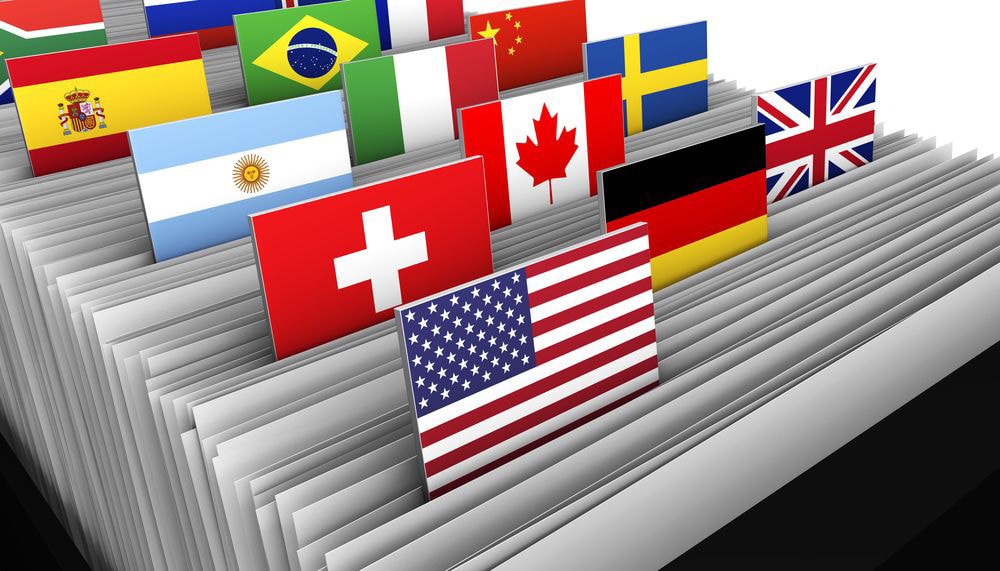
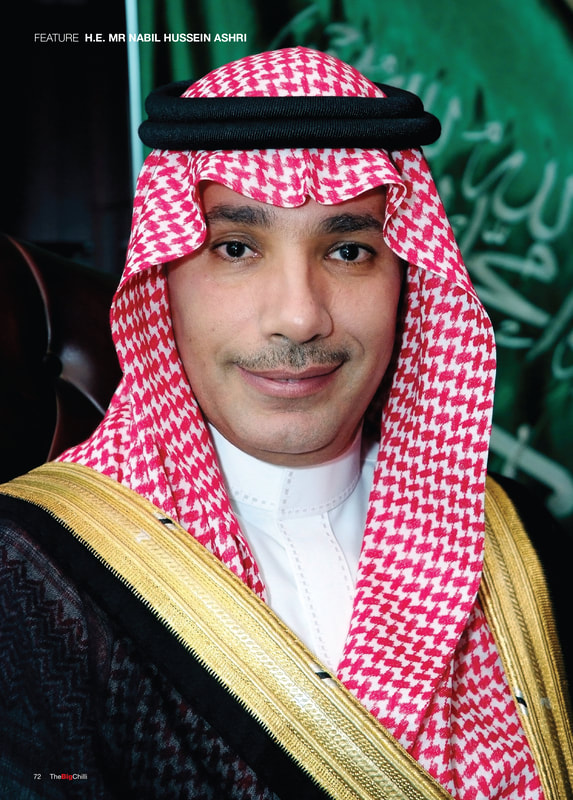
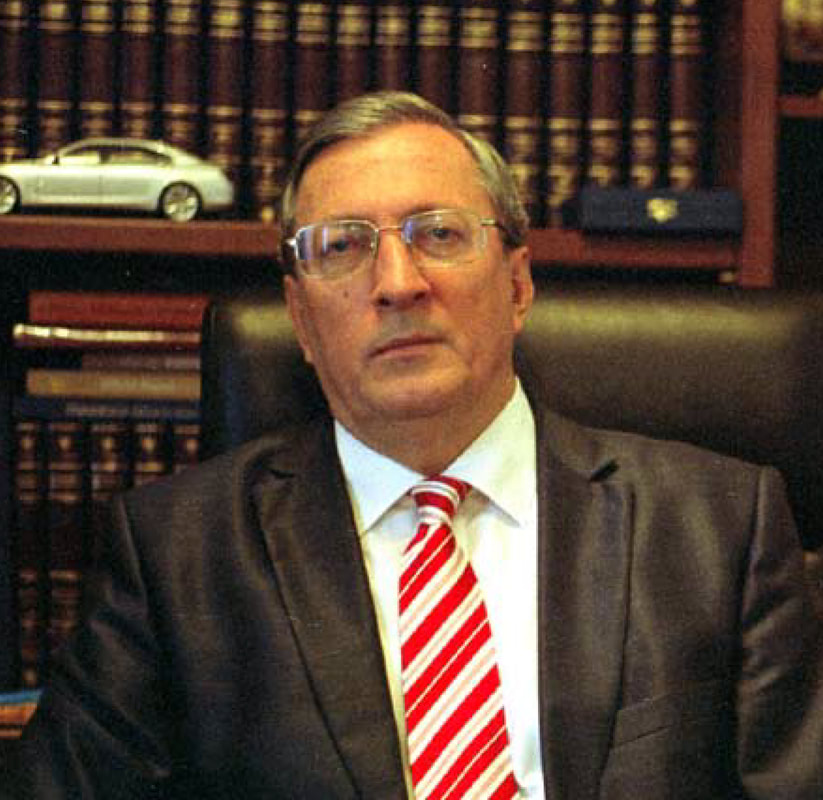
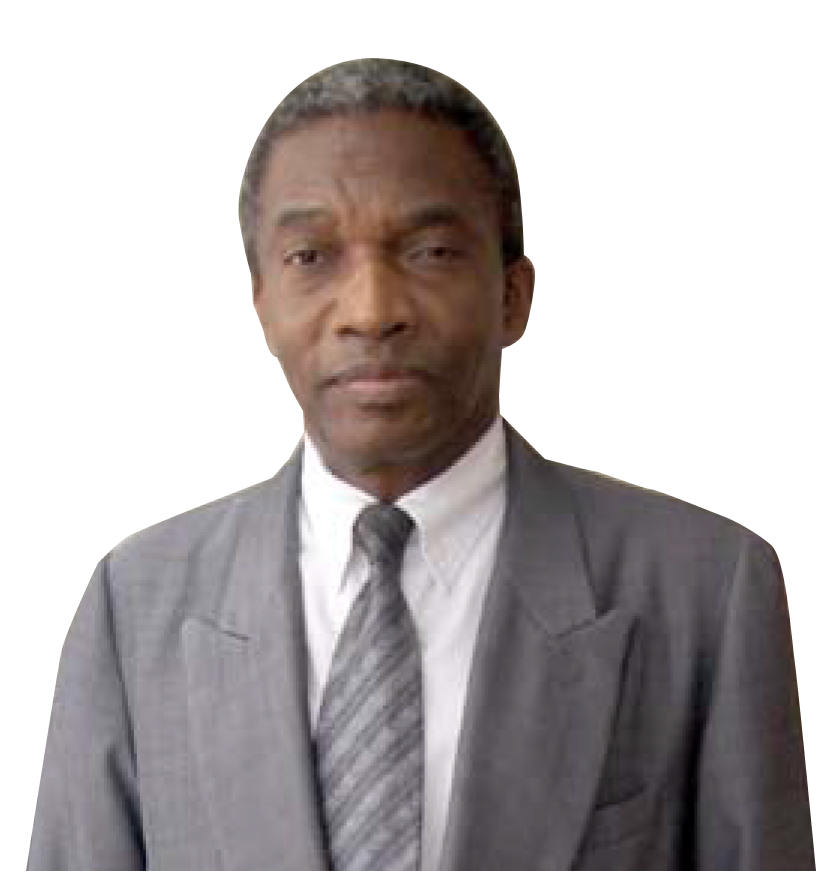
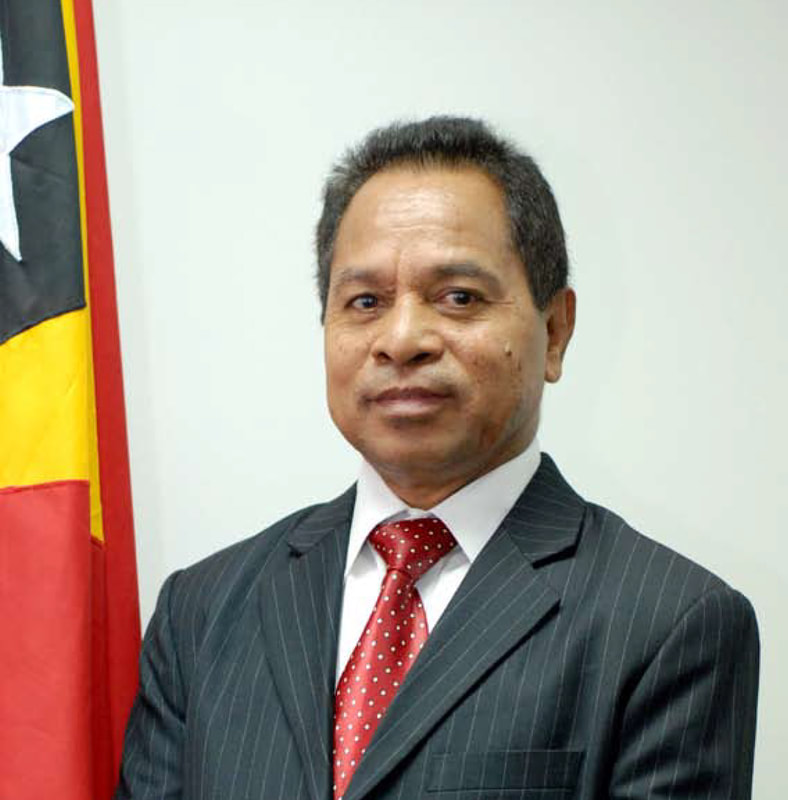
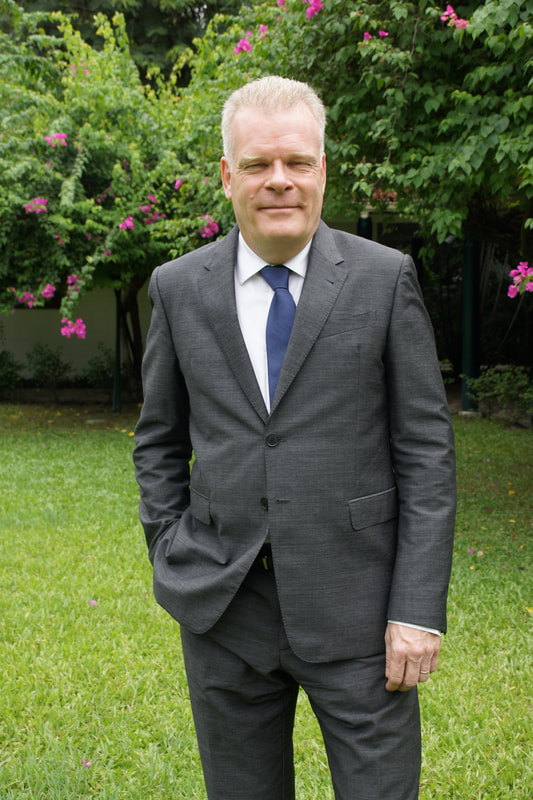
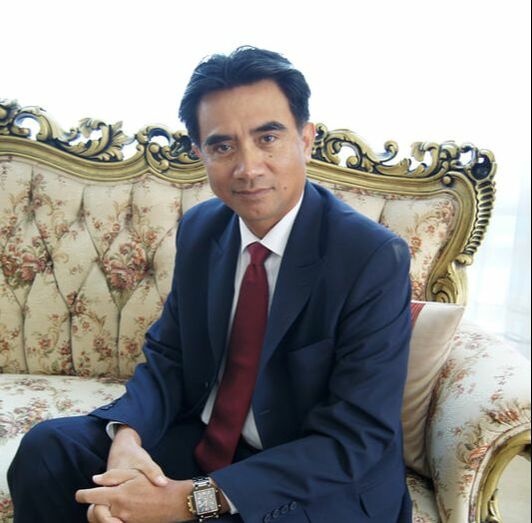
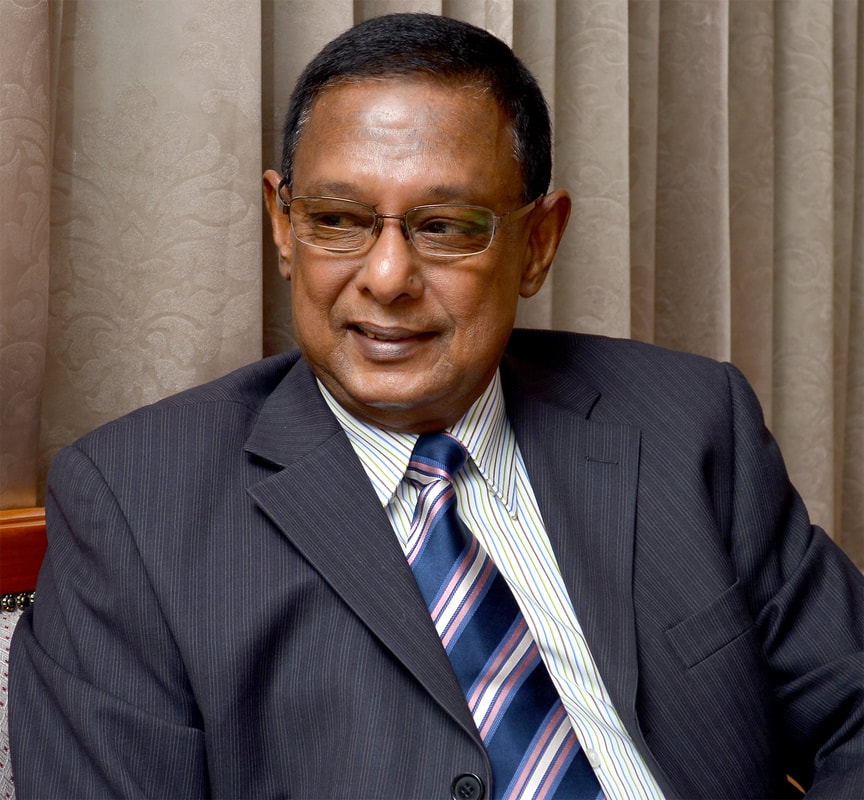
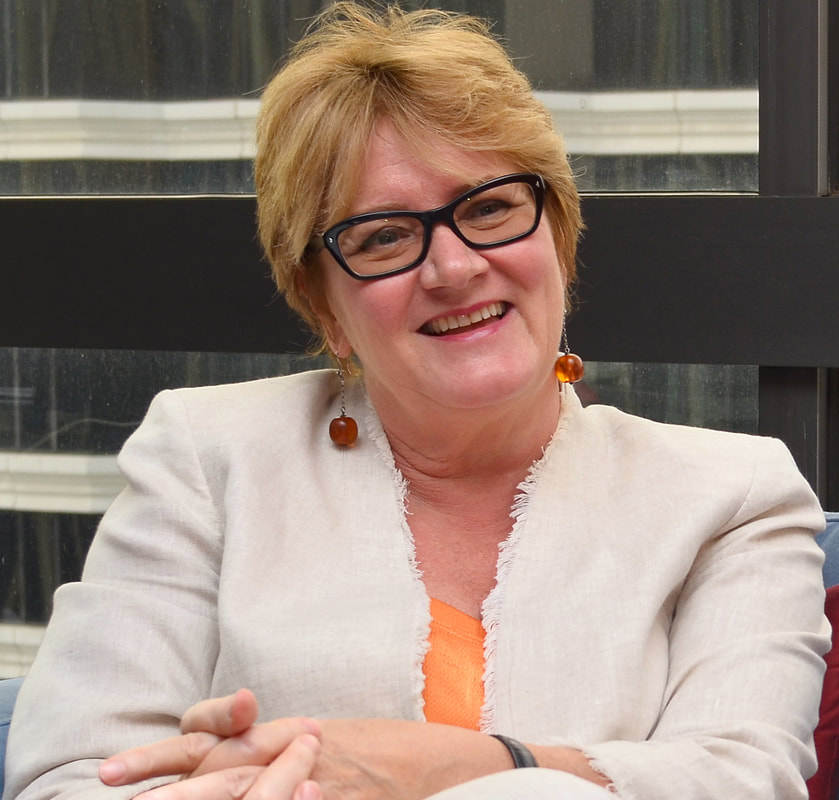
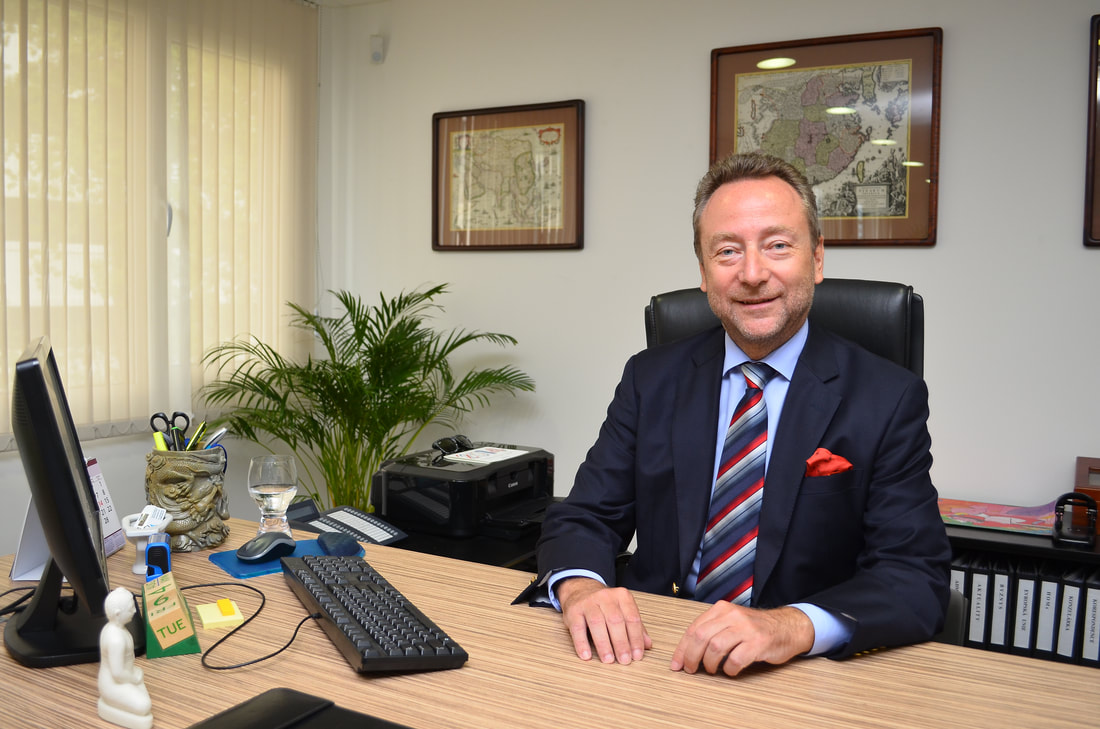
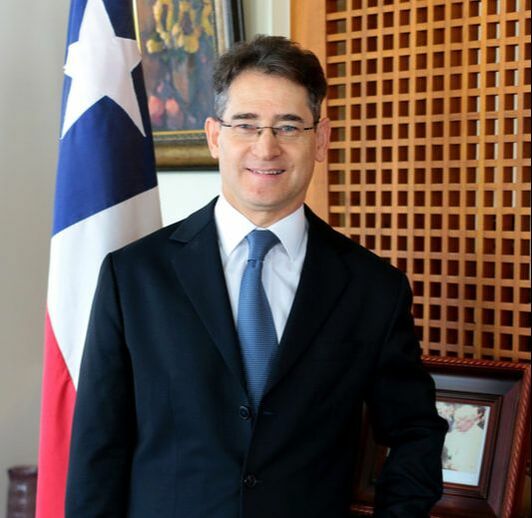
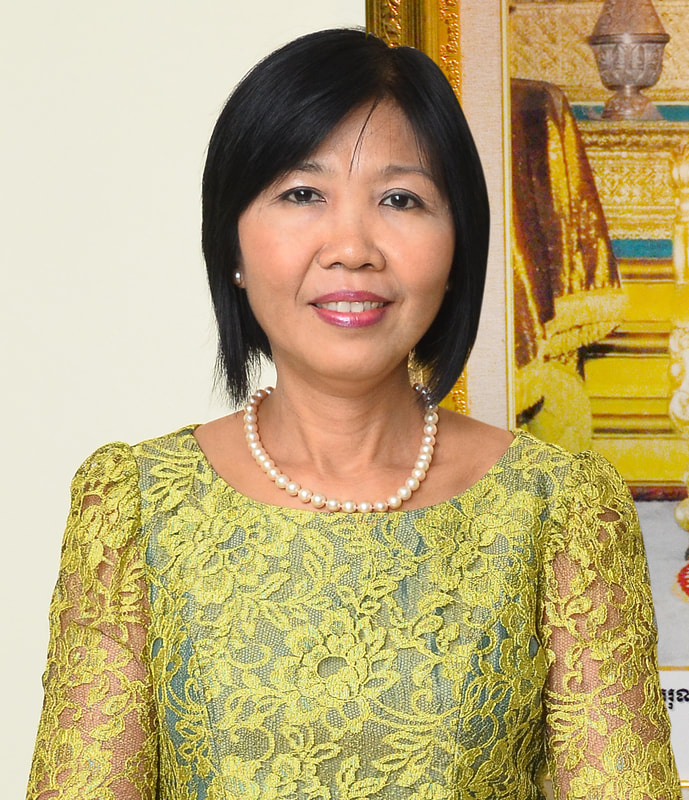
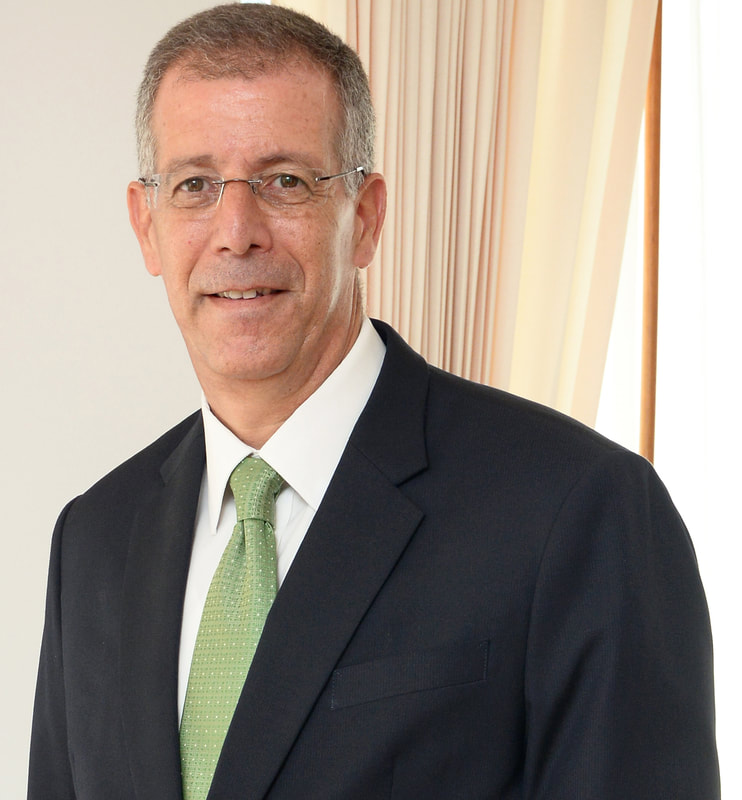
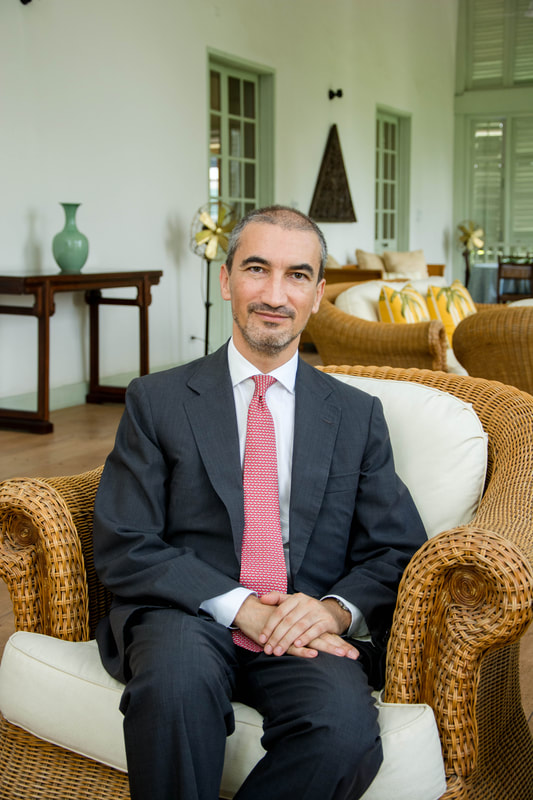
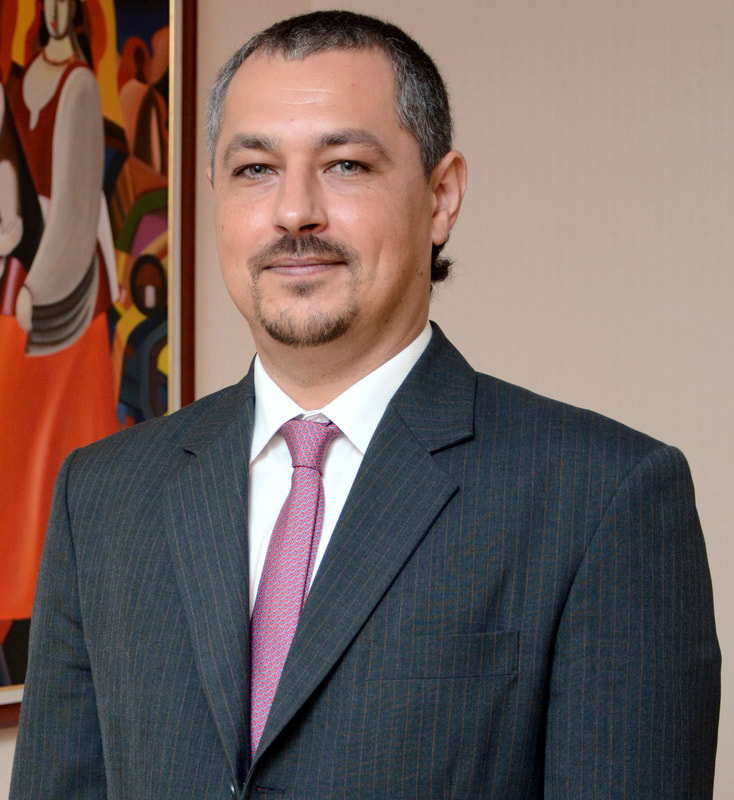
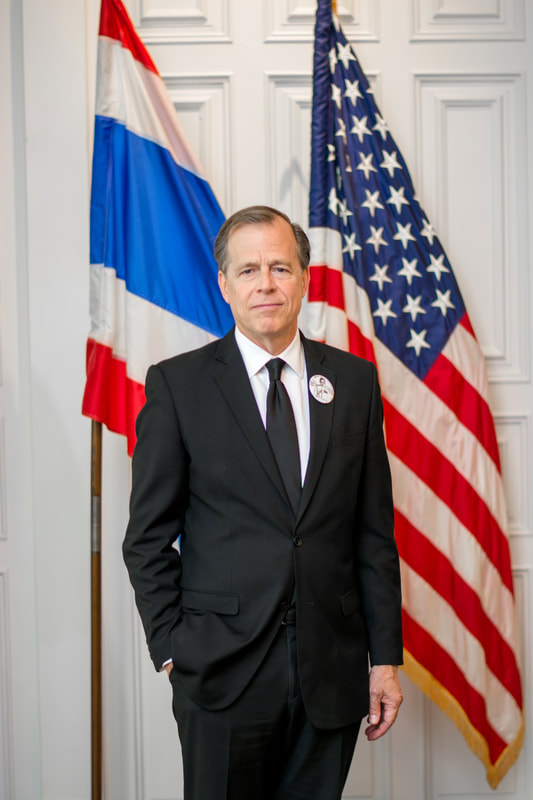
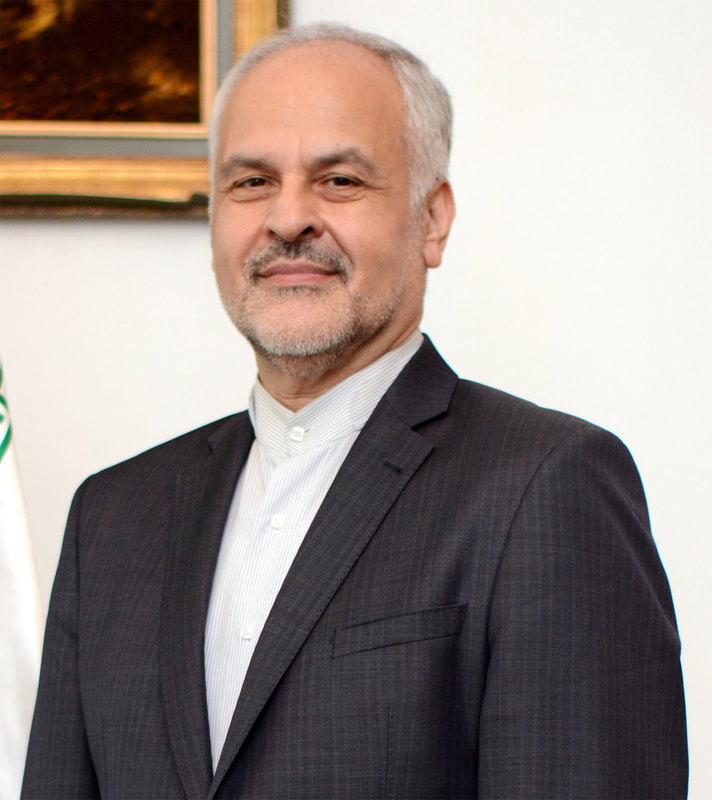
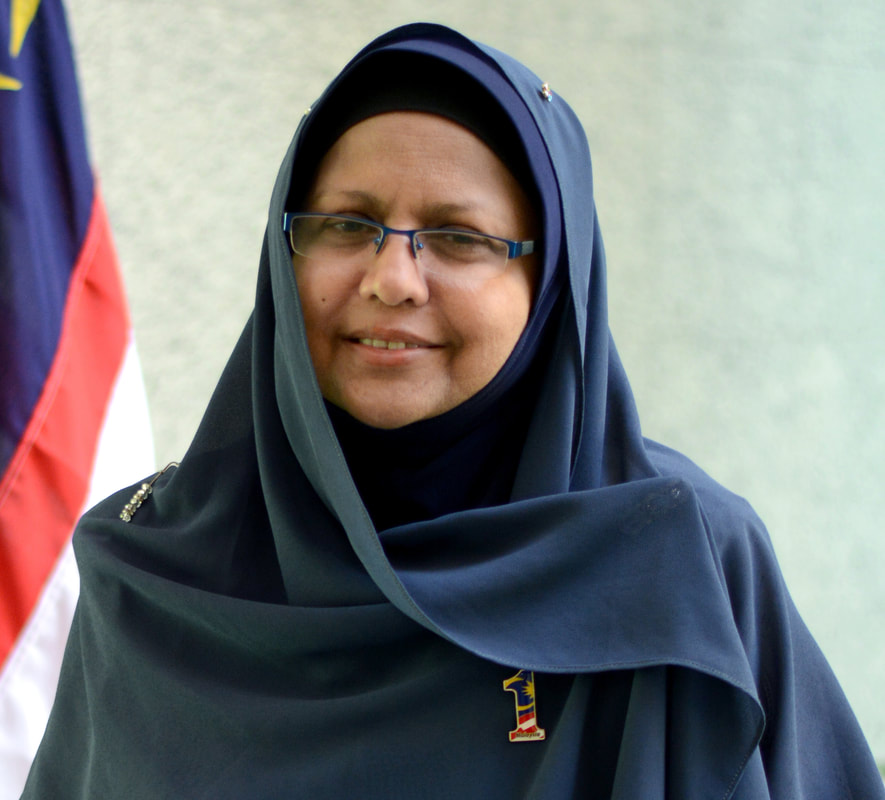
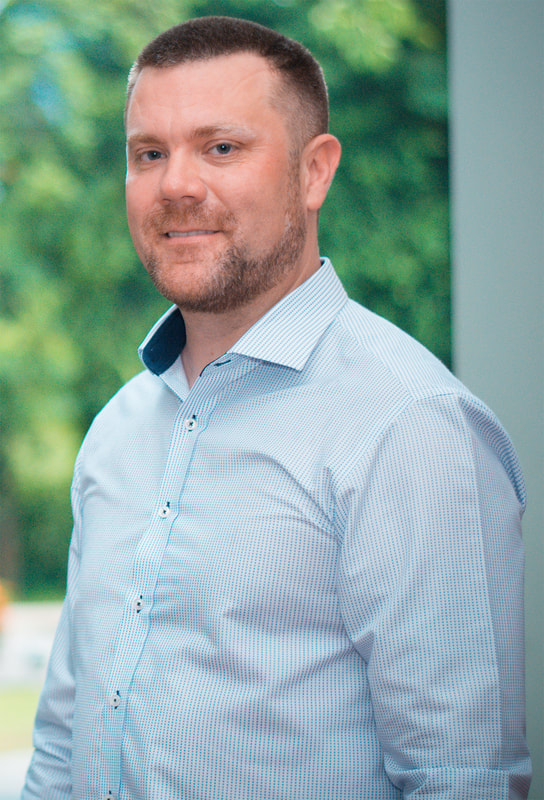
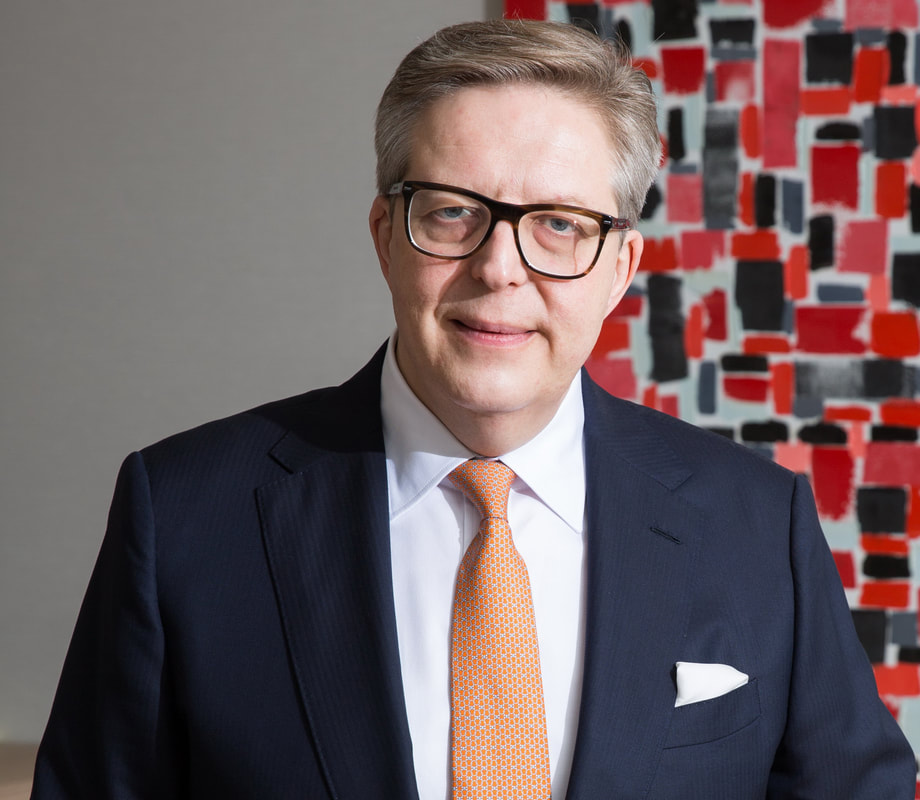
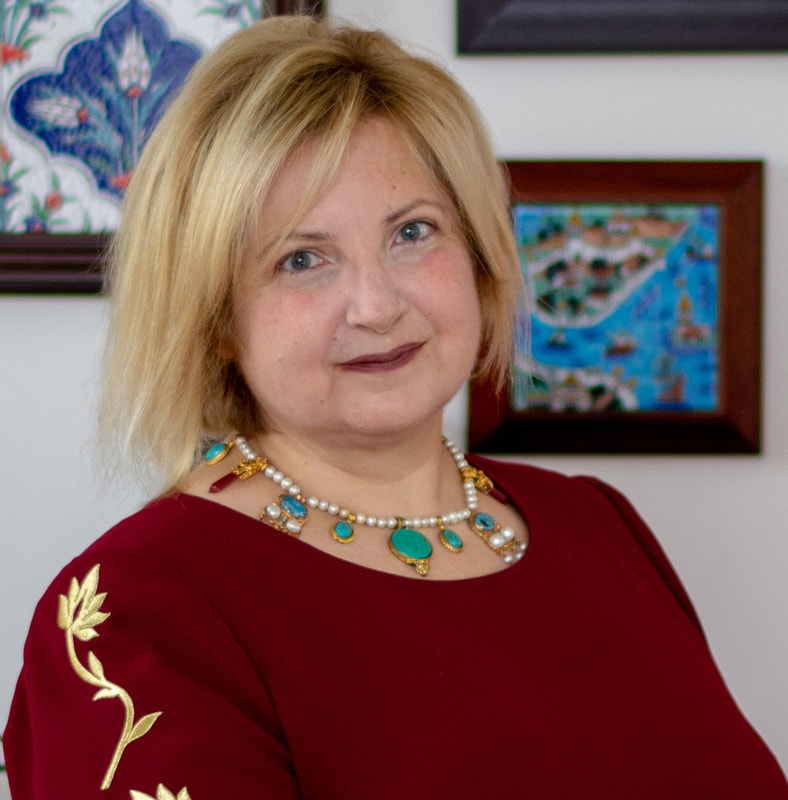
 RSS Feed
RSS Feed
















